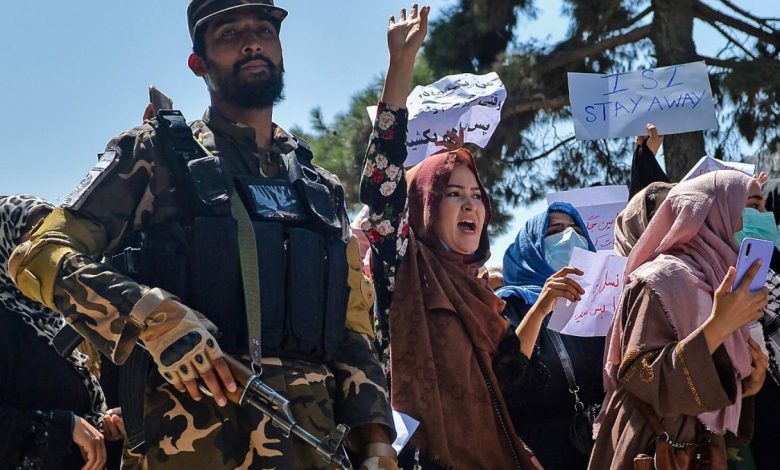
At the 60th Session of the UN Human Rights Council in Geneva*, states and international bodies voiced grave concern about Afghanistan’s deepening human rights crisis—particularly the systematic oppression of women and girls under Taliban rule.
Key Highlights:
Richard Bennett, UN Special Rapporteur, urged the creation of an independent international investigative mechanism to address widespread abuses, warning that continued silence could amount to crimes against humanity.
Volker Türk, UN High Commissioner for Human Rights, stressed that Afghanistan records among the world’s highest maternal mortality rates—directly linked to Taliban restrictions on women’s access to healthcare. He condemned the systematic erasure of women from public life.
Nahla Haidar, Chair of the UN CEDAW Committee, reminded that Afghanistan ratified the women’s rights convention without reservation in 2003. She denounced the Taliban’s issuance of over **80 restrictive decrees as blatant violations of binding international law. She further called for targeted sanctions and sustained diplomatic pressure.
Nada Al-Nashif, Deputy High Commissioner, noted that Taliban rule has intensified human rights violations daily, especially against women’s access to education.
The European Union echoed that systematic gender persecution in Afghanistan could constitute crimes against humanity, insisting that women’s full participation is essential in any future peace process.
Since returning to power, the Taliban have imposed sweeping restrictions—banning women from education, work, political participation, public spaces, and even humanitarian aid roles. More than 80 edicts now confine Afghan women to lives of enforced invisibility.
The message from Geneva was clear**: The world must resist normalization with the Taliban, support Afghan women’s voices, and establish accountability mechanisms to end impunity for gender apartheid.



